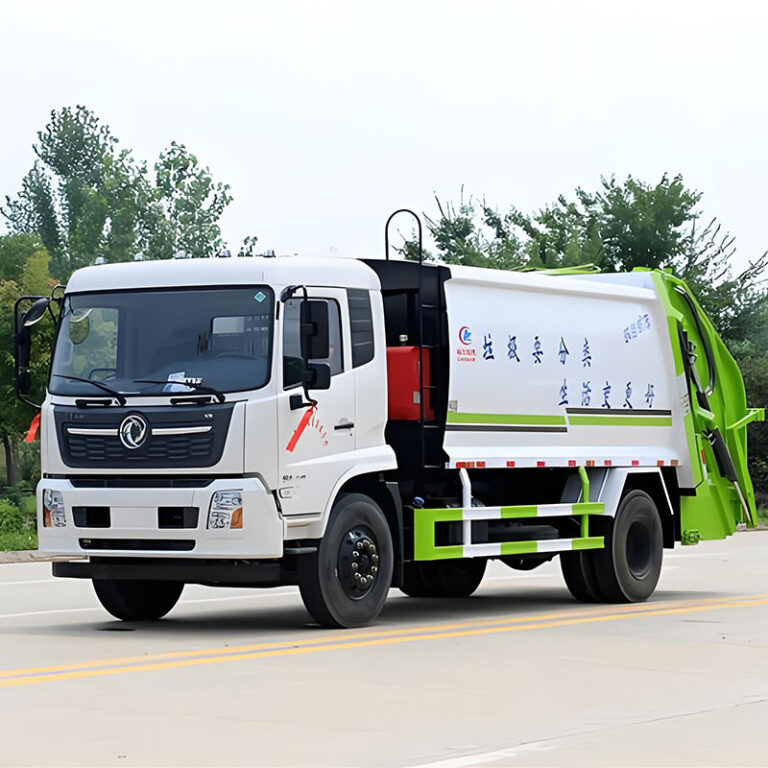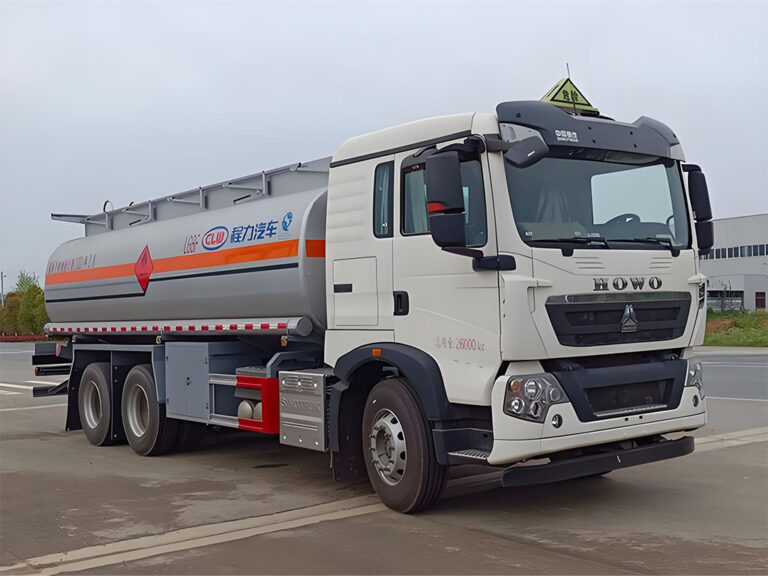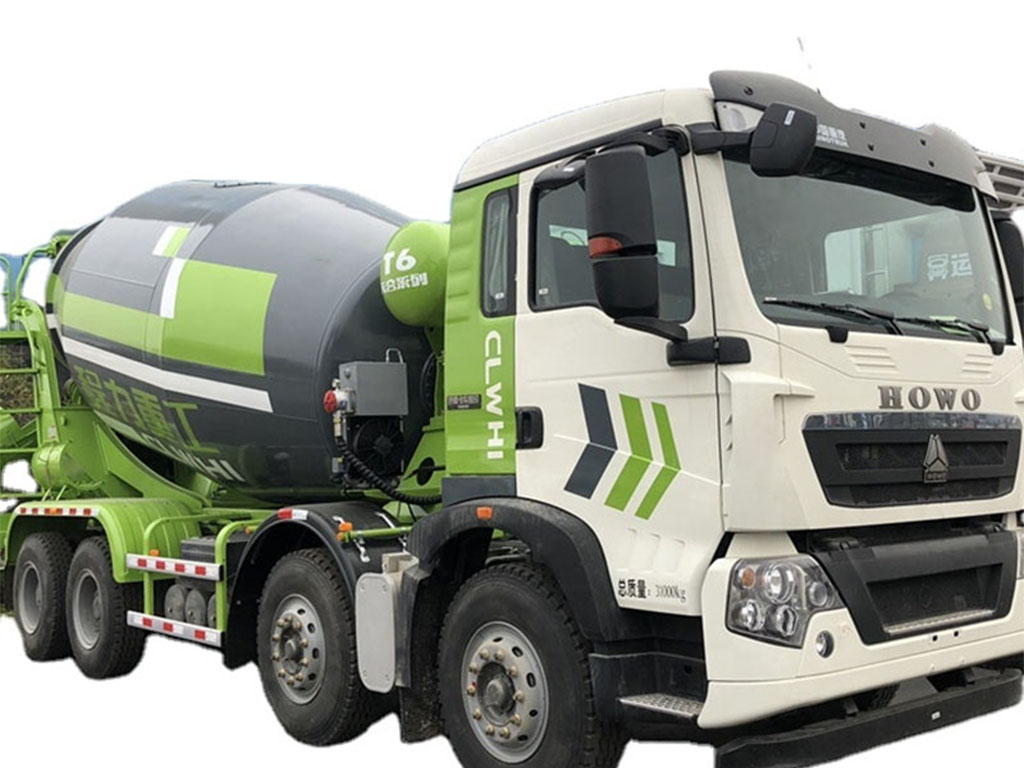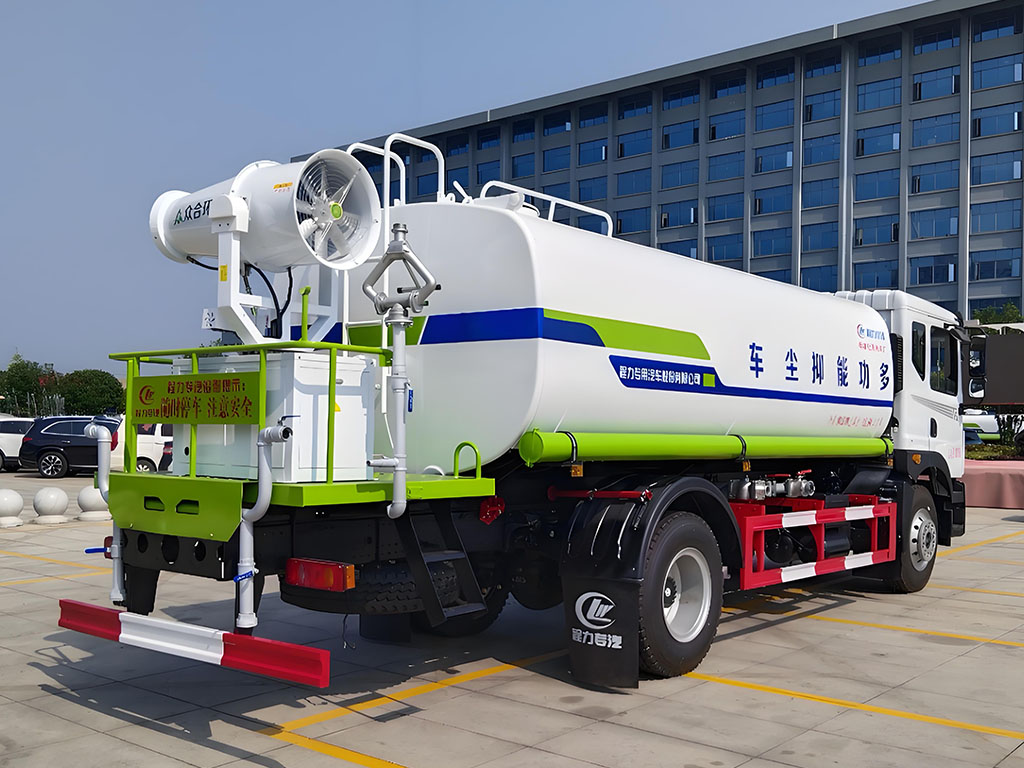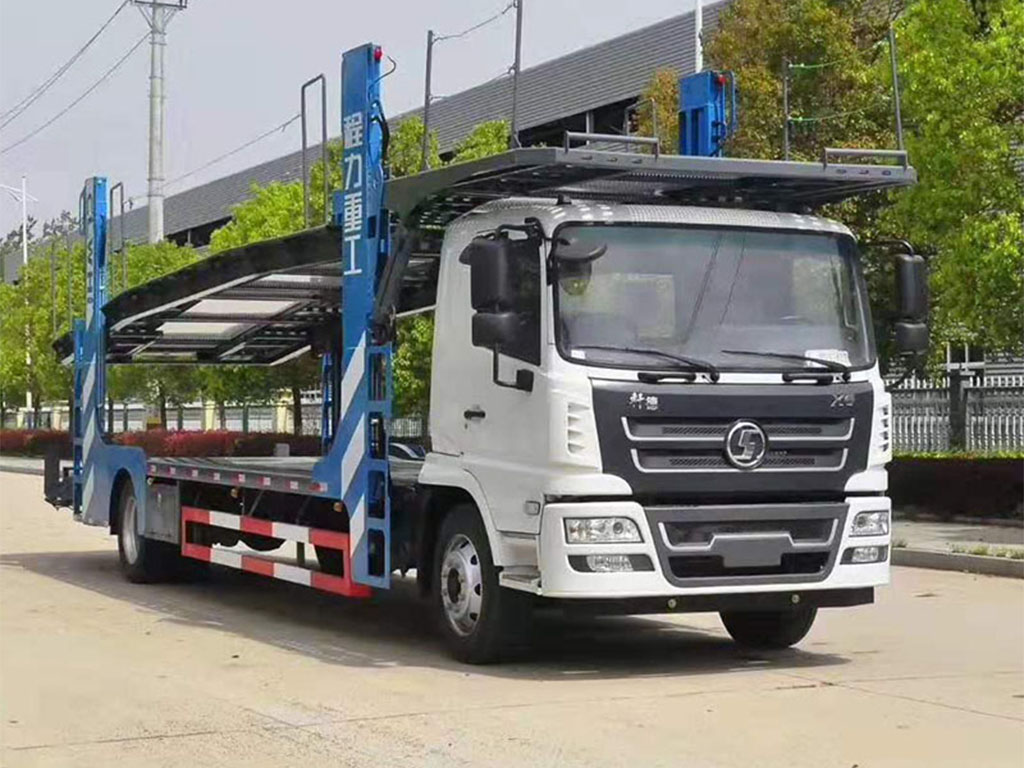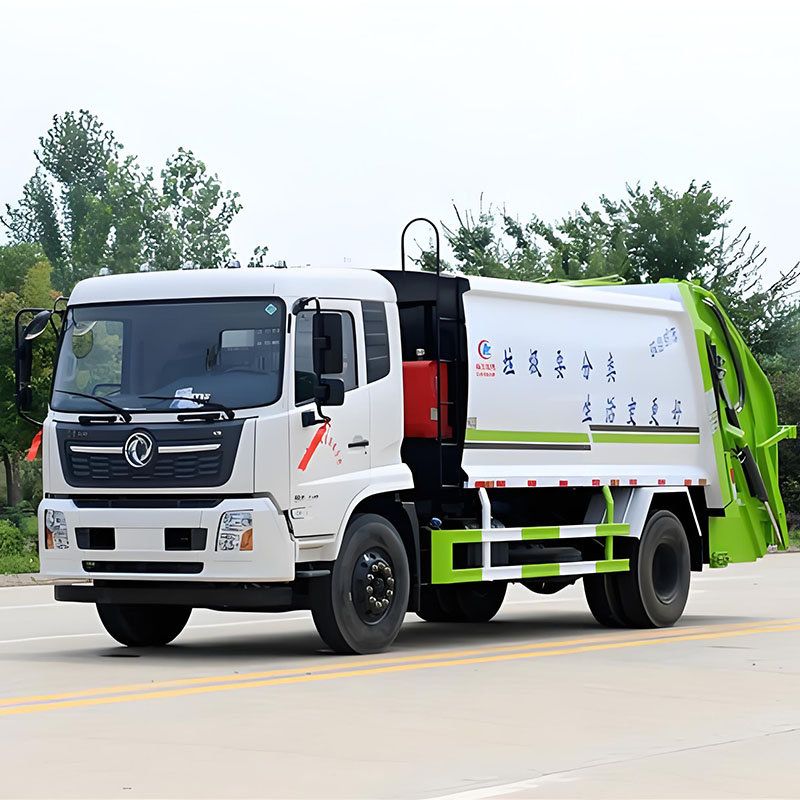-
Chengli Automobile Industry Park, Suizhou, Hubei, China
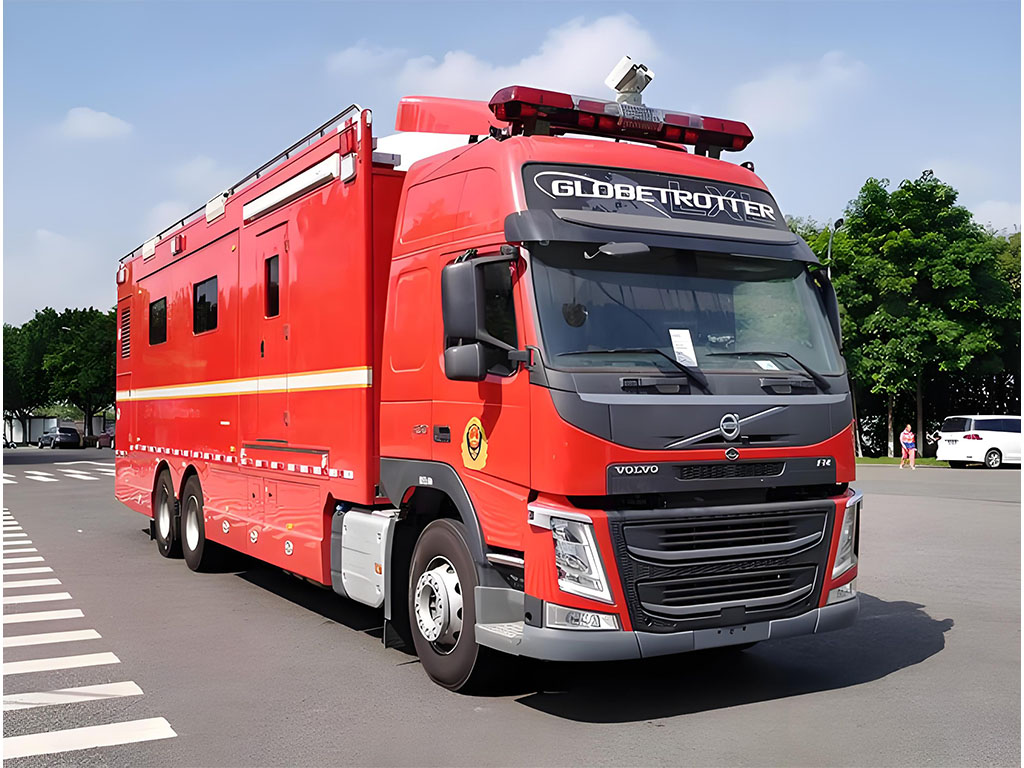
Case Studies Hybrid Communication Command Fire Trucks in Action
Introduction: Why Good Communication Matters
Every day, fire trucks rush to help. Sometimes, they go to a big fire in the woods. Other times, there is a big accident or a storm hits a city. Command trucks help fire, police, and EMS work together. These special trucks let helpers talk, see maps, and share videos. All this helps save lives fast.
But here is the problem: what happens if the radio does not work? What should you do if the cell phone loses the signal? Or if a hurricane knocks out power?
You might try to make a call. It won’t go through. You may need to find a missing person. You can’t get real-time video. People get worried. Every second counts.
The problem is clear. Helpers need a way to always talk and share plans. If they can’t, things get worse fast. Lives depend on talking to each other, no matter where or when.
Does this sound scary? It is! But there is a solution—hybrid communication command fire trucks. These trucks by companies like CLW GROUP never stop talking. They use radio, cell, satellite, and more. Can you imagine a truck that is as smart as a phone, as strong as an army radio, and never loses power? That is what we make. And we want to show you real stories of these trucks in action—so you know our solution works.
What Is Hybrid Communication? How Does It Help?
Hybrid communication means using many ways to talk and share data at the same time. One system may use radios like LMR. Another uses cellular bonding—many cell cards working together. Some even use FirstNet or satellite systems. This helps people talk, draw on GIS maps, and stream video, even if one system fails.
Imagine a big puzzle. If one piece is missing, the picture works because you have extra pieces. Hybrid systems do that for communication: Land Mobile Radio (LMR), cellular, satellite, Wi-Fi, and broadband are all in the same puzzle.
Why not just pick one? Because the world is messy! Sometimes, radio waves don’t go far in the mountains. In a city, cellular might freeze up from too many people on the network. When storms hit, power and towers can go down. The hybrid truck keeps running. If one way stops, the other keeps going.
Key Tech in Hybrid Trucks:
- Cellular Bonding combines many cell signals; like having four phones working as a team.
- Satellite Uplink goes straight to the sky; perfect for places with no roads or towers.
- Advanced Radio Gateways join different radios together; police, EMS, and fire all talk as one.
Table: Command Truck Communication Systems
| System | Works Best When… | What It Does |
|---|---|---|
| LMR (Land Mobile Radio) | Close to town or base station | Strong for rural/short talk |
| Cellular Bonding (LTE, 5G) | Good carrier signal | Fast data, phone, video |
| Satellite Communication (SatCom) | No cell or radio signal, far away | Reach anywhere on earth |
| Wi-Fi Hotspot | On-scene short-range, lots of helpers | Local network/Internet |
| FirstNet Enabled Systems | Public safety teams | Priority last in disasters |
| Broadband (5G, LTE) | Big city with strong towers | Super fast data/video |
See Real Trucks In Action
Below, you see real stories. I show you how these trucks help in fires, big accidents, storms, and scary events.
Case Study 1: Fighting A Wildland Fire in a Remote Place
Situation: Helpers drove to a huge forest fire. There were no houses, no phone service. Radio signals would not go far.
Problem: Talking was hard. Firefighters lost contact. Maps could not update. No cell or Internet.
Agitate: If someone gets lost, how do you call for help? Without talking, you can’t ask for water or tell the team to leave a danger zone.
Solution: They brought a hybrid command truck from CLW GROUP. The truck set up right by the fire line. The team used:
- Satellite Backhaul to send and receive voice/data even with no cells around.
- LMR Gateway to boost radio range and reach far-back units.
- Cellular Bonding (where some signal existed) to send updates when possible.
Helpers checked in faster—30% quicker than before. Maps updated live. Leaders sent new plans in seconds, not hours. Everybody stayed safe and in touch.
Lesson: Satellite is the hero when it’s wild out there. Hybrid trucks need a strong power management system to stay on for days. See our other emergency trucks for every job.
Case Study 2: Big Accident in the City—Urban Mass Casualty Incident
Situation: Downtown, many cars crash. Fire, police, EMS, and hospitals—all come to help. So do the news and crowds. The cell network is overloaded.
Problem: Radios and cell phones stop working. There is no way to share video or data. Talking across agencies is hard.
Agitate: When a child needs rescue, but the message does not get to the hospital? A doctor waits. The rescue slows down.
Solution: This time, the city brought a new hybrid command fire truck. The truck used:
- Interoperability Gateways: Fire and police radios talk as one. EMS joins in too.
- Cellular Bonding: Ties many cell signals together, punches through the network jam.
- FirstNet Connection: Public safety gets priority, so the truck talks when others cannot.
- Mobile Data Terminals: Live video downlink, maps, patient info travel straight to leaders.
Now, all helpers share voice and picture in real-time. Hospitals and field teams get instant alerts. Patient tracking gets 20% better. Teams act fast and safe.
Lesson: Hybrid trucks make sure all teams talk, even in chaos. Learn more about specialized trucks built for hardest challenges.
Case Study 3: Hurricane Smashes the City—All Networks Down
Situation: A storm destroys roads and towers. There is no power. Regular radios, cell phones, and Internet all fail.
Problem: Rescuers can’t tell each other what they find. Search and rescue workers lose the “big picture.” Everyone feels alone.
Agitate: People wait for food, water, and help. But with no talking, help is slow or misses people completely.
Solution: The hybrid command truck rolls in and parks at the heart of trouble. This truck shines by:
- Satellite Communication: Main system for voice, data, and video.
- Onboard Generator: Runs for days, bringing power to radios, lights, and laptops.
- Temporary Wi-Fi Hotspot: Lets helpers connect tablets and phones locally.
- LMR Repeater: Boosts radio for a big area.
Only this truck works in the zone for the first 72 hours. Food, water, and help get coordinated here. Helpers run all command from the truck. Search teams get directions, and families get rescued.
Lesson: Power redundancy is everything. Being able to move the truck to the best spot makes a big difference. Tall mast antennas improve signal, too. Explore our mobile rescue and relief vehicles.
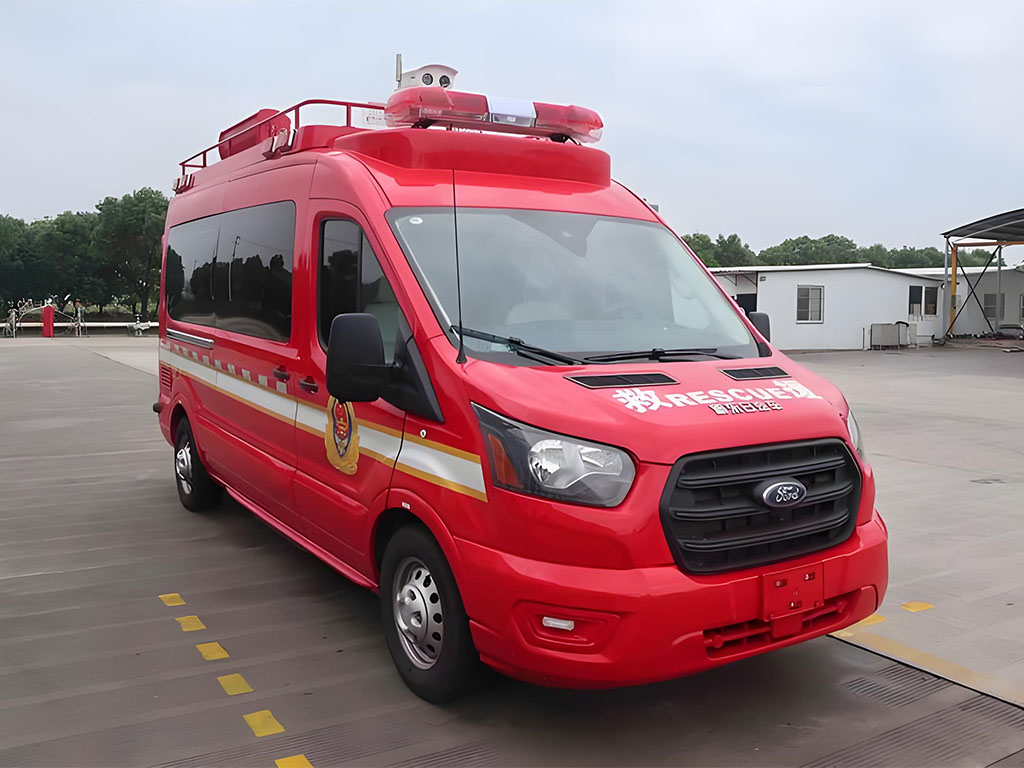
More Real-World Truck Success
Table: How Hybrid Fire Trucks Solve Problems
| Incident | Main Problem | Hybrid Solution Highlights | Measured Benefit |
|---|---|---|---|
| Wildland Fire | No radio/cell signal | Satellite, radio gateway, cellular bonding | 30% faster team check-in, map updates |
| Urban MCI | Cellular overload, data sharing | Radio gateway, multiple carrier bonding, FirstNet, mobile data, video downlink | 20% better patient tracking, real-time video sharing |
| Hurricane Disaster | All comms down | Satellite, onboard generator, Wi-Fi hotspot, LMR repeater | 72 hours non-stop hub, team wide orders |
| Event Security | Network congestion, secure comms | Dedicated LTE, encrypted VoIP, integrated agency radios, video monitoring | 50% less delay in command |
| HazMat Incident | Secure sensor data sharing | Broadband, dedicated networks, hazmat app, live video | Fast expert help, safer teams |
Show Me The Big Picture—Chart
Bar Chart Example:
Time To Set Up Communication (minutes):
| Scenario | Traditional Truck | Hybrid Command Truck |
|---|---|---|
| Remote Fire | 90 | 30 |
| Urban Accident | 45 | 15 |
| Hurricane Zone | 120 | 40 |
The Key Benefits You Get With Hybrid Command Fire Trucks
1. Enhanced Interoperability
All teams—fire, police, EMS—talk, share, and plan together. No one is left out.
2. Better Situational Awareness
Helpers get live maps, video, and info. If something changes, command knows and reacts.
3. Resilience and Redundancy
More ways to talk mean fewer failures. If one goes down, others stay up.
4. Faster Decisions, Quicker Help
Talking in real-time means action happens right away. Lives are saved.
5. Safe, Effective Command and Control
Leaders see, hear, and share—with no blind spots.
But Wait—What Should You Watch For?
Hybrid trucks are smart, but there are some things to remember:
- Is the technology easy for helpers to use?
- Does the truck always have power—even without fuel stations?
- Can you set it up in a tight alley or rough terrain?
- Are comms safe from hackers?
- Does everyone know how to run it when the stress is high?
The best trucks—like those from CLW GROUP—give you clear training, strong after-sales help, and upgrades when you need them.
Simple Steps to Strong Solutions—How CLW GROUP Helps You
Problem:
You need a truck that works everywhere. You want talking, video, and safety in all disasters—not just good weather.
Agitate:
Pick a bad truck and watch teams struggle. Radios die. Video won’t upload. Plans get mixed up. Someone gets hurt, or worse. Money is wasted.
Solution:
Choose CLW GROUP.
We custom build every truck. You tell us your needs.
We deliver, train, and help with every step.
From mobile command centers to custom water tank trucks, cement mixer trucks, material handling cranes, and more, we do it all.
- 100+ LSI keywords? Yes, we know them all—emergency response, incident command, real-time data sharing, satellite, cellular bonding, Wi-Fi, power management, interoperability, cyber security, urban and rural deployment, disaster recovery, and more.
- Entities? We work with FirstNet, FEMA, local fire departments, DHS, Motorola Solutions, LMR, P25, LTE, and more.
- We meet FCC, NIMS, SAFECOM, NG911 standards. Our hybrid trucks are ready for any test.
Why Trust CLW GROUP?
We are not just a special trucks factory. We are partners in safety. When you get a custom truck from us, you receive:
- Strong, smart vehicles
- Delivery you can trust
- Complete after-sales care
- Training for all helpers
- Tech support when you need it
You can even get a rear loader garbage truck or gravel tipper truck from us—built strong, delivered ready.
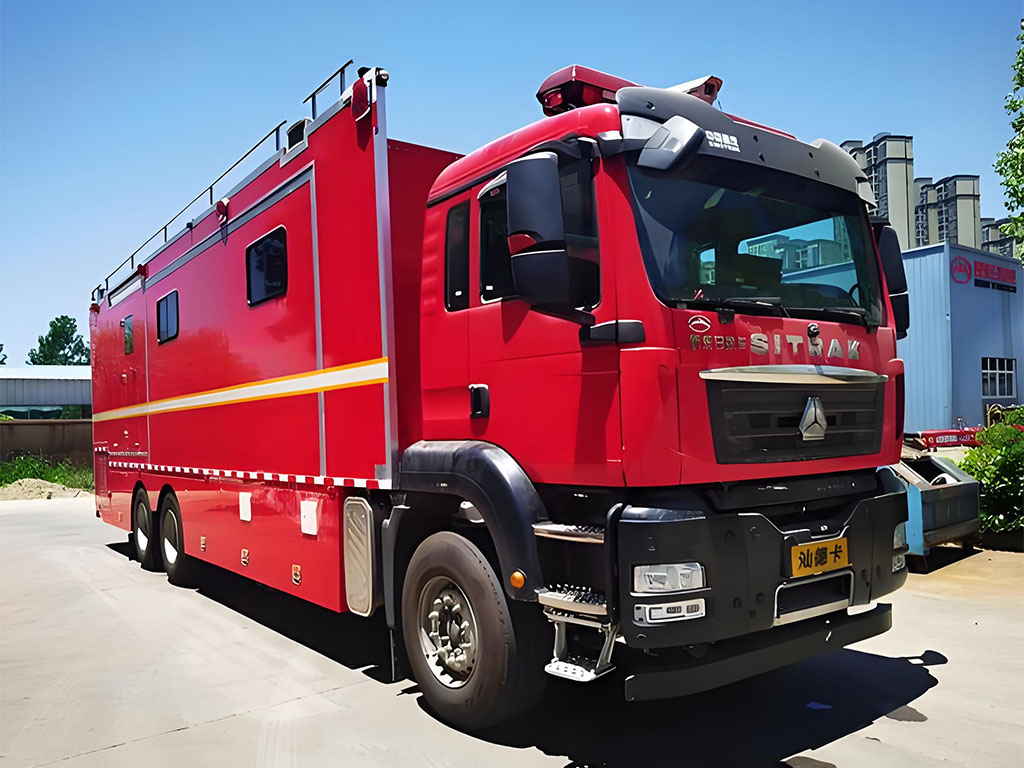
Easy Answers: Have Questions? Here’s a Table of Quick Facts
| Question | Answer |
|---|---|
| Can your trucks run with no power for days? | Yes, with onboard generator and backup power. |
| Can I get satellite channels, Wi-Fi, and full radio in one? | Yes, all in one hybrid command vehicle. |
| Will you customize for my city, state, or agency? | Yes, we build to your needs, any size or tech. |
| What if something breaks or we need tech help? | We offer after-sales support, parts, and training. |
| Can you link with my police, fire, EMS radios? | Yes, we bring full interoperability and encryption. |
| Do you ship worldwide? | Yes, from China to the world, ready for action. |
Simple Safety Checklist: Before You Buy A Command Truck
- Do you need emergency response communication that never quits?
- Want interoperable communication solutions for all teams?
- Need resilient communication networks in any disaster?
- Looking for a customized truck that fits your budget and mission?
- Need training and after-sales care?
Click here for custom trucks and fast delivery.
Conclusion: Safety Is Simple With The Right Truck
We have seen wildland fires, big city crashes, and storms. Every time, the key is clear: talking and working together saves lives. Hybrid communication trucks keep the lines open. They fit your city or wild zone. They run strong and safe for days. They let everyone win.
CLW GROUP is your partner in action. We are there from design to delivery, with support when it counts. With us, you get a truck that is a hero—in the city, in the wild, or on the storm front.
If you want to save time, save lives, and never lose touch—pick a CLW hybrid command fire truck. Simple. Strong. Smart.
References:



